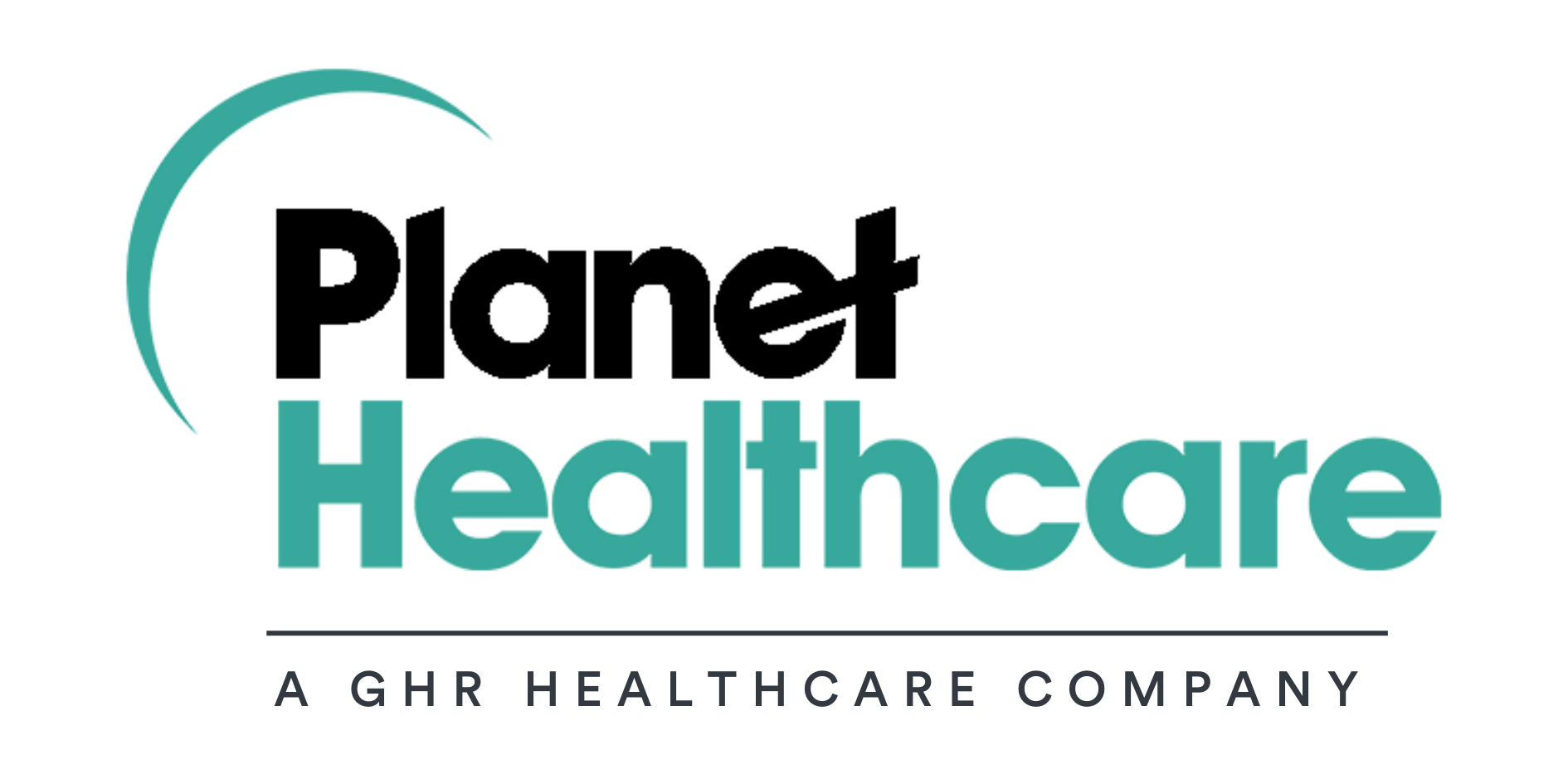Travel nursing can be a great way to see the country or a great way to make more money if you don’t mind a longer commute. But how do you make the leap from staff nurse to travel nurse? If you’re thinking of travel nursing, check out these tips to prepare for the transition.
1. Assess your experience
Hospitals pay big bucks to hire travel nurses who can get up and running with minimum training. In most cases, you will need at least two years of experience in the specialty in which you want to work.
For example, if you have two years of experience in Telemetry, great! You qualify for a travel nurse job in Telemetry.
However, if you want to make a move to ICU nursing, plan to work in the ICU for one or two years before applying for a travel position in that area.
Skills matter. One ICU may request a nurse with ventilator experience, while another ICU may be looking for a CCRN certification. As you accumulate skills, you’ll qualify for more travel nurse jobs.
2. Connect with other travel nurses and recruiters
Join a few Facebook groups to connect with people who are already travel nurses or people like you who are making the transition. Look for groups focused on new travel nurses as well as groups where jobs are posted.
Use these groups to gain information, learn some first-hand tips, connect with other travelers, and meet recruiters who specialize in travel nursing. This is a great way to identify which recruiters you want to work with—they can be an invaluable resource when it comes to finding regular assignments.
3. Consider keeping your current job… as a PRN nurse
Having a PRN position can be extra insurance in the event you don’t work enough hours one week at your travel job, or if there is a gap between the end of one assignment and the start of your next assignment.
If you do decide to go PRN at your current job, be sure you understand the rules for PRN work. How many shifts do you need to work within a specific time period in order to stay PRN? How far in advance do you need to request a shift?
4. Staying hyper-local is an option
If you’re on the fence about becoming a travel nurse, taking an assignment close to home is a great way to get your feet wet. Traveling locally may not qualify you for a housing stipend, but you’ll still make more money than a staff nurse in your area.
5. Decide early if you want to travel to other states
While many U.S. states have joined the Nurse Licensure Compact (NLC), some have not. If the state in which you currently practice is part of the NLC, you can practice nursing in any other compact state under your current nursing license. Otherwise, you’ll need to obtain a license in the state in which you want to work as a travel nurse.
Applying for a nursing license takes time, so plan to complete this process before requesting assignments.
6. Research your housing options
Depending on the agency and the location, housing may or may not be provided. You may choose to rent an apartment or, if the assignment is within a reasonable driving distance, decide to stay at an Airbnb or a suite-type hotel.
7. Submit your resume to recruiters
It is common for travel nurses to work with more than one recruiter, so find a couple that you are comfortable with and give them your resume.
A word of warning: be sure you are approving the jobs the recruiter is submitting you to. You may not be submitted by multiple agencies to the same position. You must choose which agency you want to use for each specific location. Filling out an application at this point could lead to a recruiter submitting it for a job that you don’t want, and this takes away your control. Don’t let this happen. Fill out the application only after you have identified the jobs for which you want to apply.
8. Understand payment details
Discuss with your recruiter how travel nurse payments work, including stipends, taxed vs. non-taxed payments, and actual take-home pay. Most agencies do offer medical benefits day one of your contract so be sure to mention to the recruiter if you are electing benefits.
You may also want to talk to a tax professional to get advice on the tax laws for travelers and expense tracking.
9. Apply for your first travel nurse job
Once your recruiter has identified a couple of assignments you’re interested in, fill out the applications. Yes, you should be applying for more than one assignment.
As a new traveling nurse, you will not be at the top of the resume pile. Other nurses will be applying to these same jobs and some will be veteran travelers or have more skills than you. It good to have multiple options and you may even get a few offers – then you can decide which contract to take.
But rest assured that once you’ve completed your first assignment, your resume will move closer to the top of the hiring manager’s inbox and you’ll be more likely to nab that sweet assignment at the beach.
10. Complete the contract and get ready for the next job
This may seem obvious, but as you complete that first contract, you’ll be working with your recruiter to set up your next job. A good recruiter will reach out for an extension at your current job once there are about 4-6 weeks left on the contract. If no extension is offered, they will begin looking for new options to move you from one contract to the next. Do not wait until the last week of your contract to find another position or you will most likely have a 2-3 week gap in employment (hence keeping that PRN job as mentioned above).
Each job requires “credentialing”, which means getting all of your paperwork in order, including a drug screen, background check, TB test, etc. The onboarding process isn’t optional, so get started early and meet those deadlines.
Bonus Tips!
Dos and Don’ts of Resume-Building
DO
- Update your resume –research professional resumes
- List your skills – the hiring manager needs to know what you know, so if you have experience with vents and arrhythmia analysis, include these skills
- List your certifications
- List your education, through the highest degree earned – include the timeframe (years) for each degree
- List your past healthcare jobs – include cities/states, as well as the timeframe of employment (months/years)
DON’T
- Be cute – save the emojis, photos/graphics, and hard-to-read font for your Instagram story
- Be vague – instead, make sure you are specific about your skills and experience
- Be wordy – a resume isn’t an essay; keep your information brief and to the point
- List non-healthcare jobs – hiring managers won’t care about your first job at Starbucks
Photo credit: Canva



